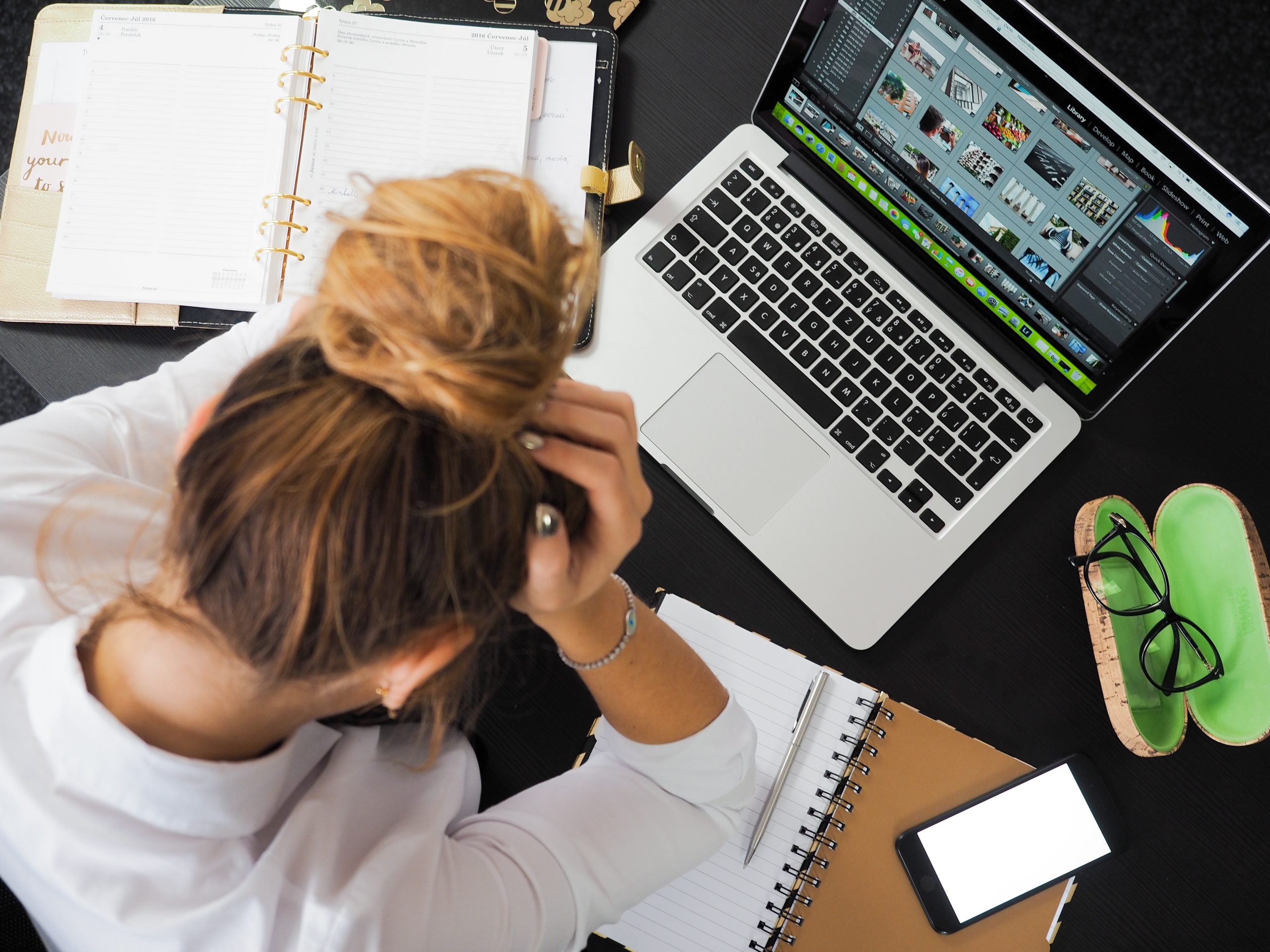It’s no secret that stress can take a toll on our mental and emotional health, but what you may not know is that stress can also have a negative impact on our physical health. In fact, stress has been shown to make pain worse and slow the healing process after an injury. If you’re struggling with chronic pain or trying to recover from an injury, it’s important to find ways to manage your stress levels.
It is important to distinguish between stress as a natural response to everyday triggers. Our ‘fight or flight’ response is designed to ensure that we are ready to avoid danger. So as an immediate reaction to short-term situations, stress can be beneficial to our health.
It’s when we experience this response over extended periods of time that stress can cause more damage than benefit.
How does pain affect your musculoskeletal system?
Imagine something approaching you rapidly, like a ball. Your muscles tense up, to protect your body from injury. When that trigger for stress passes, you relax again. But if your body is constantly feeling stress, your muscles stay tense, causing headaches, back pain and shoulder pain amongst other aches.
And if you have an injury, that tension will slow up your recovery time.
How does stress affect pain?
Pain consists of both physical and psychological elements. Research shows that pain can be reduced or aggravated, based on how it is perceived by the brain and on the presence of different stressors, and neuroimaging studies have shown the different parts of the brain that are involved when pain is aggravated by stress or anxiety.
Stress interacts with chronic pain and can become a vicious cycle. The experience of pain exacerbates stress via its impact on the nervous and immune systems. And lifestyle stress in turn affects different conditions including low back pain, headache and neck pain via its effect on the way the brain perceives pain levels.
An osteopathic view of stress
When stress is overwhelming and everything gets ‘too much’, we might find ourselves unable to adapt. Our systems might go into a ‘freeze’ state that is both emotional and physical.
From an osteopathic perspective, when a patient is in ‘freeze’, his or her body feels stiff and stuck. This has far-reaching effects throughout the body, which is why chronic and persistent symptoms often change location and vary in intensity.
At our Epsom clinic, Tom Ward is experienced at working with stress as it relates to the aches and pains his patients present with. And his colleague Rosie Bain is an experienced osteopathic masseuse. Osteopathic massage has been shown to be an effective stress-reliever, and osteopathic massage therapists are specially trained in techniques that can help alleviate pain. If you’re dealing with stress and pain, don’t wait to seek help. Contact Tom or Rosie in our Epsom clinic today!

